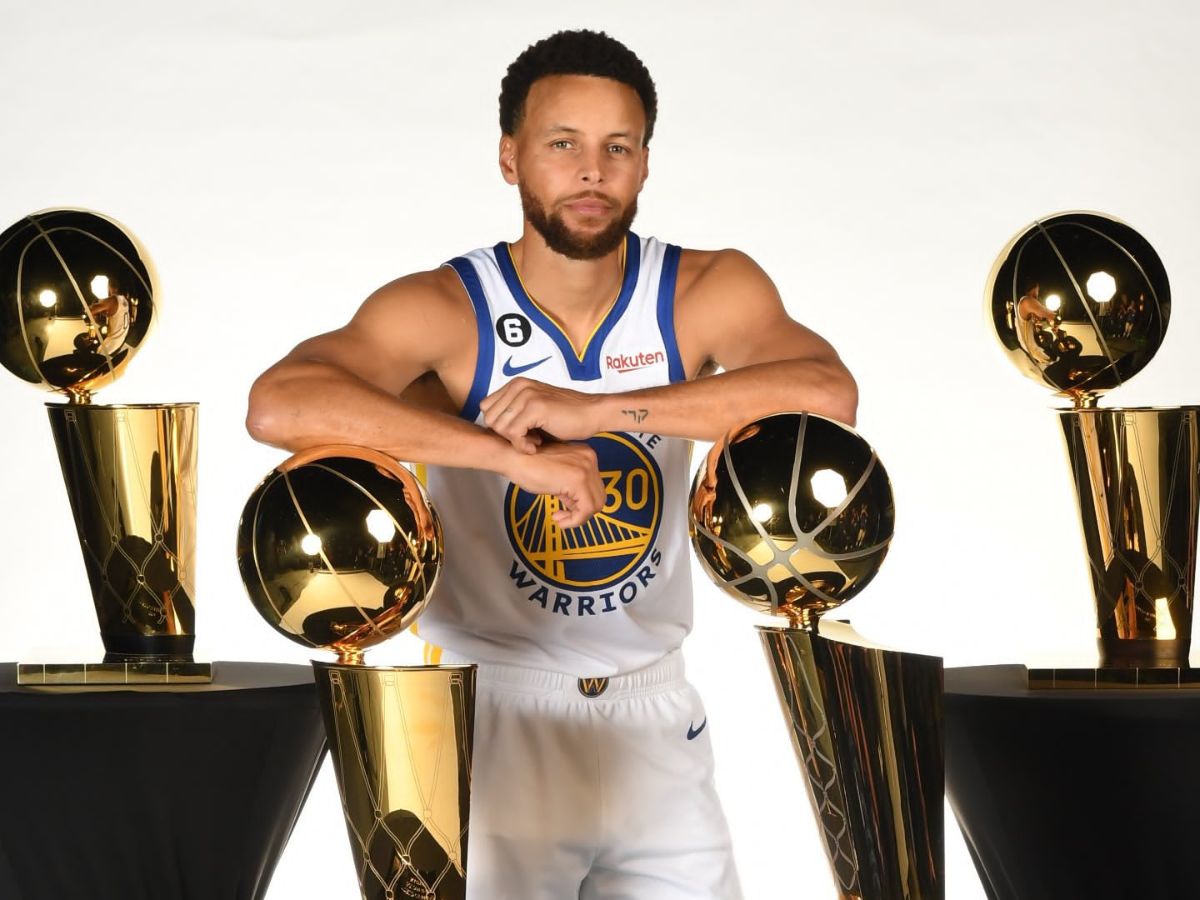Golden State Warriors icon Stephen Curry recently stirred debate by saying National Basketball Association (NBA) players are still underpaid not in terms of salary, however real equity in their teams.
Big Contracts Highlight the Gap
This summer, stars like Shai Gilgeous‑Alexander and Devin Booker signed monster extensions, sealing final-year salaries of around USD 75 million. Meanwhile, the average NBA salary is nearly USD 12 million, four times the NFL average of about $3 million. However, Stephen Curry points out the deeper issue isn’t pay scale, it’s that players have no stake in their franchise’s long-term rise in value.
Equity Could Shift the Balance
Under the current Collective Bargaining Agreement (CBA), players are completely blocked from holding equity in their clubs. Curry argues this is a missed opportunity. “We want to participate in team equity,” he said, emphasizing that players help build the very value that owners reap. He pointed to the dramatic rise in franchise worth, for instance, the Warriors went from USD 168 million in 2000 to USD 8.8 billion in 2024, yet players remain excluded from sharing in that upside.
A Clear Issue for the Next CBA
The current CBA runs through 2029–30, with an opt-out option after the 2028–29 season. Steph Curry’s remarks foreshadow serious discussions ahead, as players push to include equity rights in the next agreement. Other likely bargaining topics: luxury-tax penalties, revenue-sharing models, and revisiting financial limits placed on teams above tax thresholds.
From Big Contracts to Real Ownership
Curry’s stance reflects a broader shift in expectation from eye-popping salaries to genuine financial partnership. As franchise valuations continue to skyrocket, players argue it’s only fair they earn a share in the growth they help generate. For Curry and other NBA superstars, this isn’t just about getting paid more, it’s about having a real stake in their teams’ futures.
Also Read: Ben Stokes Joins Legends with Historic All-Round Milestone in Record-Breaking Test







